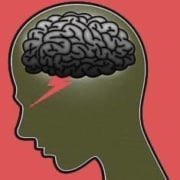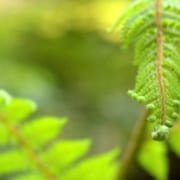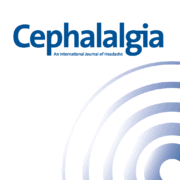Acupuncture for Post-traumatic headache: Discover Relief
Are you battling from chronic post-traumatic headaches? The US Department of Defence has just the remedy for you. Military physicians are now endorsing acupuncture as the go-to treatment for headaches that arise from head trauma. Why? Because it is effective, safe, cost-effective and has sustained benefits.
Deep Dive into the Evidence
Dr Khusid is a researcher at Deployment Health Clinical Centre, US Department of Defence. In her study Dr Khusid recommends acupuncture. Chronic post-traumatic headaches (PTH) are common among people who have sustained mild traumatic brain injuries. However, conventional treatments for headaches caused by head trauma remain insufficient. The current guidelines recommend a symptomatic approach for the three patterns of PTHs: migraine-like, tension-like, and mixed symptomatology. The symptomatic approach means that only the symptoms are treated/relieved, not addressing the root cause of the headaches. Furthermore, these treatments often come with their adverse effects, and the risk of dependency. For this reason, non-pharmacological treatment options are becoming more popular, such as acupuncture.
Studies show that acupuncture for migraine prophylaxis and neurovascular and tension-type headaches is at least as effective as drug therapy. In fact, it may be a valuable primary treatment alternative for people with contraindications to pharmacotherapy. And this treatment is renown for its’ long-lasting benefits, is cost-effectiveness, and safety.
A systematic review of clinical trials in 2009 showed that acupuncture was effective in managing acute migraine attacks and migraine prophylaxis. In addition, it demonstrated long-lasting therapeutic effects that can last up to nine months. The review also found that this natural therapy was slightly more effective than pharmacological treatments and had fewer side effects when used for migraine prophylaxis.
Recent randomized clinical trials further support acupuncture’s efficacy for chronic post-traumatic headaches. In one study, it was found to be more effective than flunarizine in reducing the number of days with migraine attacks, while being as effective in reducing pain intensity and improving quality of life. Another study showed that this ancient treatment was more effective in chronic migraine prophylaxis than topiramate, with fewer side effects.
Acupuncture is also beneficial for neurovascular headaches. A systematic review of 16 clinical trials concluded that it was superior to pharmacotherapy in treating neurovascular headaches, with additional advantages such as higher safety and lower recurrence rates.
In conclusion, acupuncture is a safe and effective alternative to conventional pharmacotherapy for chronic post-traumatic headaches. It should be considered as a primary treatment option for individuals who prefer a trial of this time-tested therapy over medication, have drug contraindications, or show a poor response to standard care.
Journal reference article: Clinical Indications for Acupuncture in Chronic Post-Traumatic Headache Management
Don’t let post-traumatic headaches dictate your life. Consider acupuncture, a both time-proven and scientifically promising treatment. Reach out now for a consultation!



 Acupuncture is more effective in prevention of chronic
Acupuncture is more effective in prevention of chronic